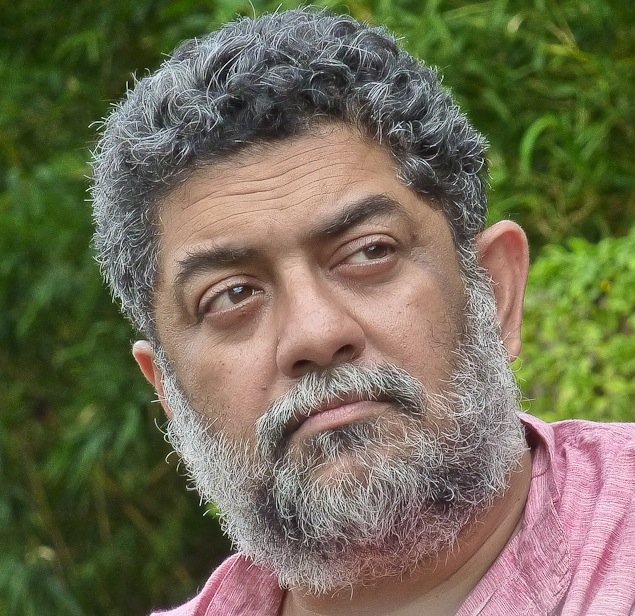Changing Ecologies, Transforming Lives: Complex Coexistence of Human and Non Human Primates in Our Cities
Nonhuman life has traditionally coexisted rather peacefully with human communities across the Indian subcontinent. This is primarily due to the spirituality believed to be shared between human and non-human beings, and the exalted positions many lifeforms—particularly nonhuman primates—have held in the religious beliefs of different Indian communities. This spirit of coexistence, however, now appears to be under threat. In this talk, Rana briefly narrated stories of how the lives of our fellow nonhuman primates—the bonnet and rhesus monkeys of southern and northern India respectively—are changing forever, and how they are being forced to survive in human-altered habitats by even transforming themselves into strangely human-like monkeys!
About the Scientist
Anindya 'Rana' Sinha, popularly known as Rana, is a primatologist of international repute. His principal research, over the last three decades, has been on the behavioural ecology, cognitive ethology, population and behavioural genetics, evolutionary biology and conservation studies of primates and other nonhuman species. His current research in natural philosophies, urban ecologies, art heritage and performance studies involve etho-ethnographic explorations of nonhuman synurbisation, human–nonhuman relations and the lived experiences of nonhumans, promising unique insights into other-than-human lifeworlds—of the past, today, and in the future. Rana is deeply interested in the popularisation of biology and, in addition to establishing a master’s degree programme in wildlife biology and conservation in Bengaluru in 2001 and working closely with the International Biology Olympiad for over two decades now, he has lectured and taught extensively in a variety of educational and research institutions, both across and outside the country.


